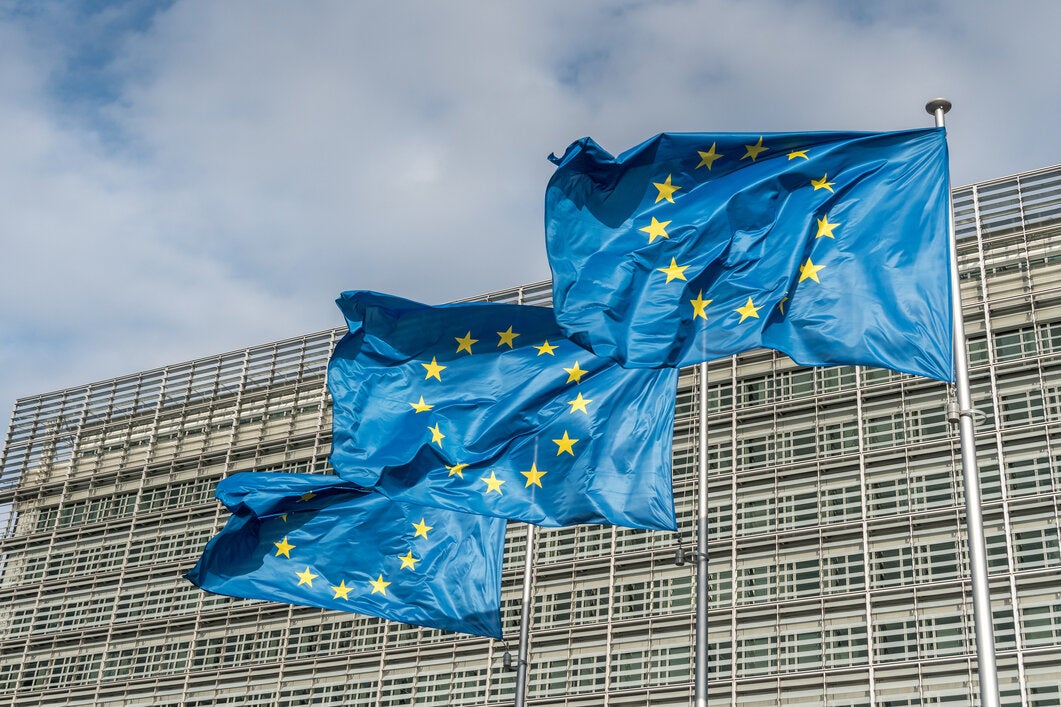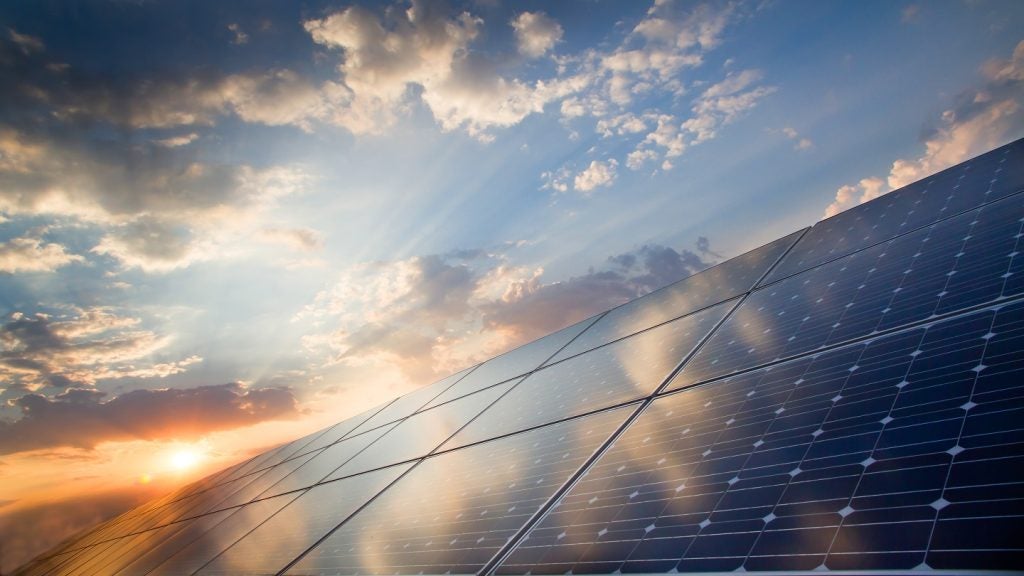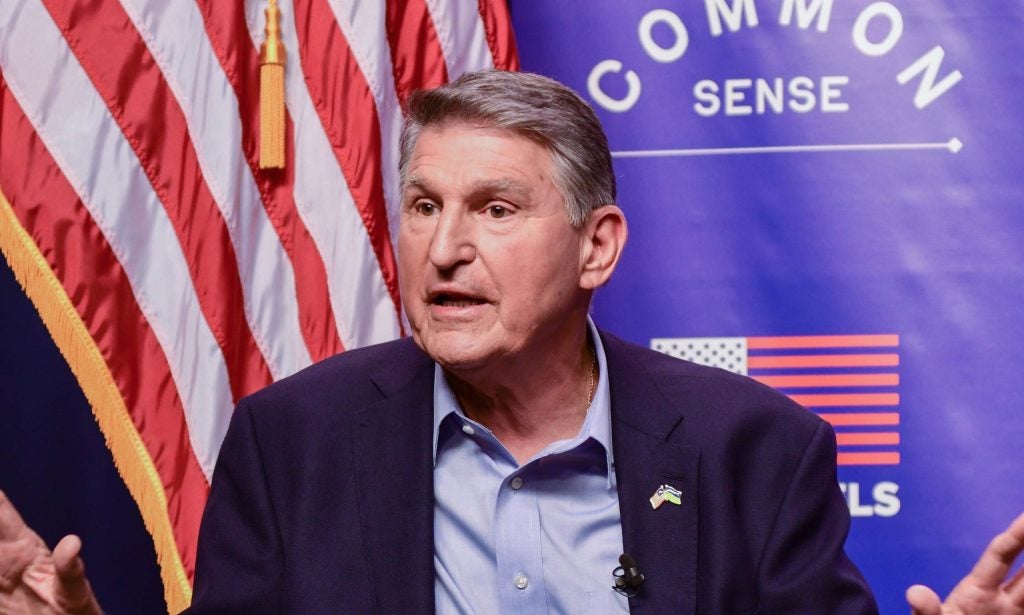
The EU’s net-zero targets are in “jeopardy” due to “insufficiently detailed, inconsistent, and even contradictory” plans from member states, a new report from independent climate watchdog the European Climate Neutrality Observatory (ECNO) has warned.
The ECNO’s Net zero risk in European climate planning report, published on Wednesday ahead of the European Council meeting on budget being held currently, finds that nations have failed to deliver robust, legitimate plans for climate progress over the next six years to meet crucial 2030 targets. The budget negations are expected to see a shift in funding from climate and foreign aid to defence and border control.
The report focuses on policies relating to renewable electricity, hydrogen, land, bioenergy and the geological storage of CO₂ from five member states: Italy, Hungary, the Netherlands, Spain and Sweden. It finds there are major planning issues relating to hydrogen, land use, bioenergy and carbon storage in draft National Energy and Climate Plans (NECPs) from the countries analysed.
Forecasted demand for bioenergy could result in land grabs and accelerated deforestation around the world as the energy source relies on burning wood as fuel. Projected demand for green hydrogen could outstrip the available supply of renewable electricity, risking continued reliance on fossil fuels as a means to create hydrogen.
The report also finds that “vague and contradictory” plans around carbon capture suggest that policymakers lack understanding of the distinction between storage and utilisation technologies. This risks driving investment in carbon capture and usage infrastructure that could potentially harm long-term climate goals.
A projected combined shortfall across all five countries is 101 million tonnes of CO₂ equivalent (mtCO₂e) per year by 2030. For context, this is more than Austria’s net annual emissions in 2021, which ended on 77mtCO₂e.
How well do you really know your competitors?
Access the most comprehensive Company Profiles on the market, powered by GlobalData. Save hours of research. Gain competitive edge.

Thank you!
Your download email will arrive shortly
Not ready to buy yet? Download a free sample
We are confident about the unique quality of our Company Profiles. However, we want you to make the most beneficial decision for your business, so we offer a free sample that you can download by submitting the below form
By GlobalDataSpecifically, Sweden’s plans imply net negative emissions by 2030. The report finds this target unachievable principally because the country’s plans are years out of date, while Hungary’s climate plans may even lead to an increase in greenhouse gas emissions.
The Netherlands’ plans fall short on green hydrogen plans and biogas estimates, with anticipated production and imports of biogas combined not expected to fulfil demand.
Julien Pestiaux, lead author of the report, said in an emailed statement: “We need to avoid a situation where Europe’s demand for bioenergy results in land grabs and accelerated deforestation around the world, or where our demand for green hydrogen outstrips the available supply of renewable electricity to generate it alongside other clean energy needs.
“We also cannot pretend that carbon capture utilisation is the same as carbon capture storage – the former is not always a long-term climate solution, and the latter must be used only where strictly necessary.
“Our analysis shows an urgent need for member states to up their game with regards to charting out how they will meet their 2030 climate targets. Getting onto a climate-neutral pathway in this critical decade of action requires much more coherent and integrated cross-sectoral planning for the near term, avoiding blind over-reliance on limited resources, and tackling bottlenecks with regard to critical infrastructure.”
Final NECPs are due for submission from member states to the EU in June this year. Before this, the Commission is due to table its 2040 climate plans next week, on 6 February. It is expected to push for a 90% emissions-reduction target by the end of the next decade, with an aim to meet climate neutrality by 2050.
Aneta Stefańczyk, a contributing author to the report, said: “We hope policymakers take heed of the shortcomings identified by our report and take steps to ensure their final plans are robust and transparent. Member States should seize the NECP process as an opportunity to enhance collaboration and coordination both between sectors and between countries, and set themselves up for success in meeting their targets.” She added that countries need to “get it right” this time as the next round of plans isn’t due for another five years.
The report’s findings largely echo those from ECNO’s previous flagship report on the EU’s net-zero trajectory, which found that the pace at which the bloc is transitioning towards a climate-neutral future must be accelerated “significantly” to achieve its 2030 and 2050 climate targets.





